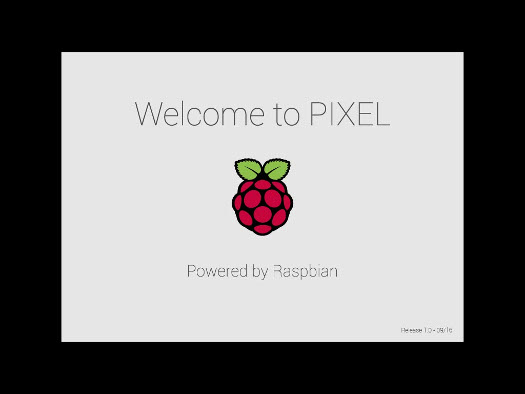Also included: Judge seems to make software patents illegal, Mageia mourns a contributor, Yakkety Yak frozen, KDE’s new release, and getting ready for All Things Open.
FOSS Week in Review
When I wrote last week’s wrap, Hurricane Matthew seemed to be on a direct path for my office. Now it appears that long before it hits my state it’s going to take a sharp turn to the right and head back out to sea. That’s the good news. Unfortunately, in getting to where it is today, this storm has so far killed nearly 1,000 people that we know of so far, and has made thousands, perhaps tens of thousands, homeless. That’s bad news indeed.
This week’s free tech news was a little more fun…
 Digital Homicide commits suicide: In a story that’s been brewing for a while now, it seems that game company Digital Homicide was given enough rope to…well, you know. It seems that the publisher had gotten in the habit of suing any Steam user who dared to post a bad review about one of its games, and actually subpoenaed Valve for the identities of 100 anonymous users who had made statements about the company. This, in turn and understandably, pissed a lot of users off, which led to Valve removing all games from Steam.
Digital Homicide commits suicide: In a story that’s been brewing for a while now, it seems that game company Digital Homicide was given enough rope to…well, you know. It seems that the publisher had gotten in the habit of suing any Steam user who dared to post a bad review about one of its games, and actually subpoenaed Valve for the identities of 100 anonymous users who had made statements about the company. This, in turn and understandably, pissed a lot of users off, which led to Valve removing all games from Steam.
Christine Hall has been a journalist since 1971. In 2001, she began writing a weekly consumer computer column and started covering Linux and FOSS in 2002 after making the switch to GNU/Linux. Follow her on Twitter: @BrideOfLinux










 Digital Homicide commits suicide: In a story that’s been brewing for a while now, it seems that game company Digital Homicide was given enough rope to…well, you know. It seems that the publisher had gotten in the habit of suing any Steam user who dared to post a bad review about one of its games, and actually
Digital Homicide commits suicide: In a story that’s been brewing for a while now, it seems that game company Digital Homicide was given enough rope to…well, you know. It seems that the publisher had gotten in the habit of suing any Steam user who dared to post a bad review about one of its games, and actually 
 As they used to say on the Outer Limits, there is nothing wrong with your ink cartridges. HP has taken control of your printer and trained it to not accept them anymore.
As they used to say on the Outer Limits, there is nothing wrong with your ink cartridges. HP has taken control of your printer and trained it to not accept them anymore.

 This fear arose, and became a big deal on Reddit, after a
This fear arose, and became a big deal on Reddit, after a 
